Physiotherapy clinic in Laval
Discover how our physiotherapy clinic can help you regain your well-being.
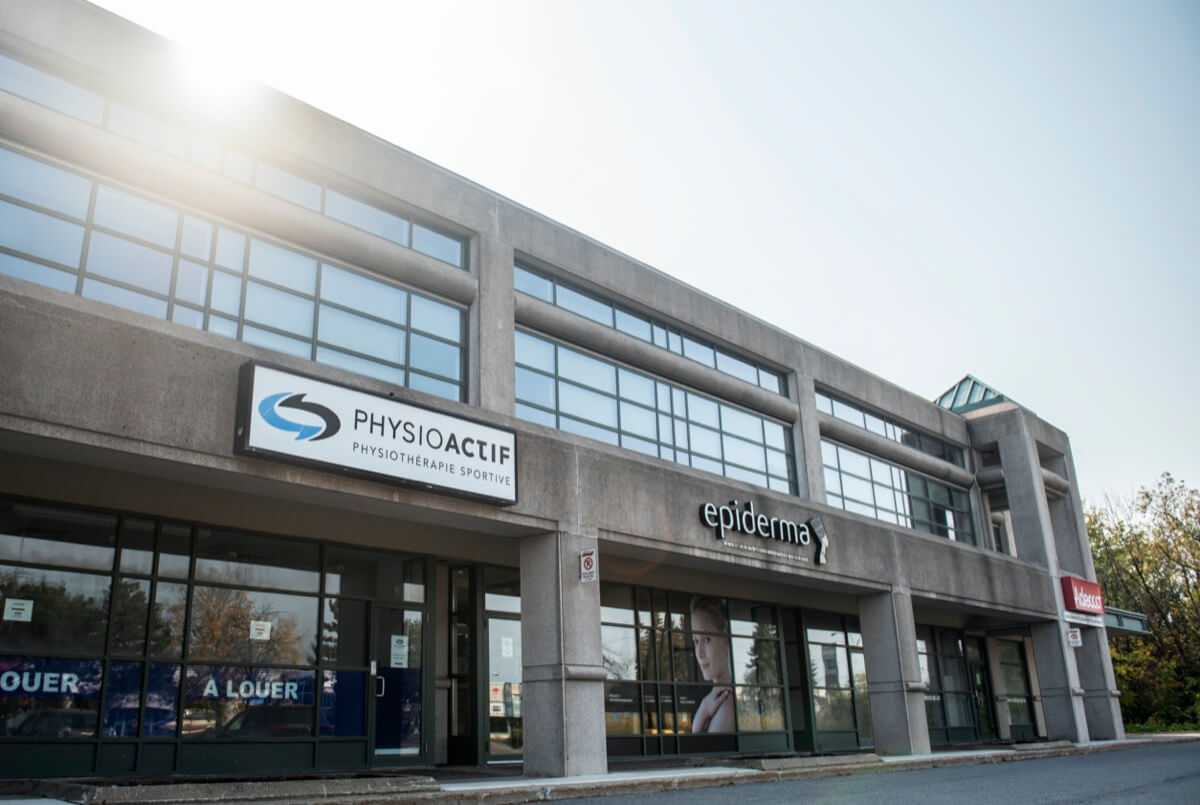
La physiothérapie qui vous redonnera le contrôle sur votre douleur.
It's a fact, pain shouldn't dictate your life. Our simple and proven approach helps our patients get back to living the life they had before.
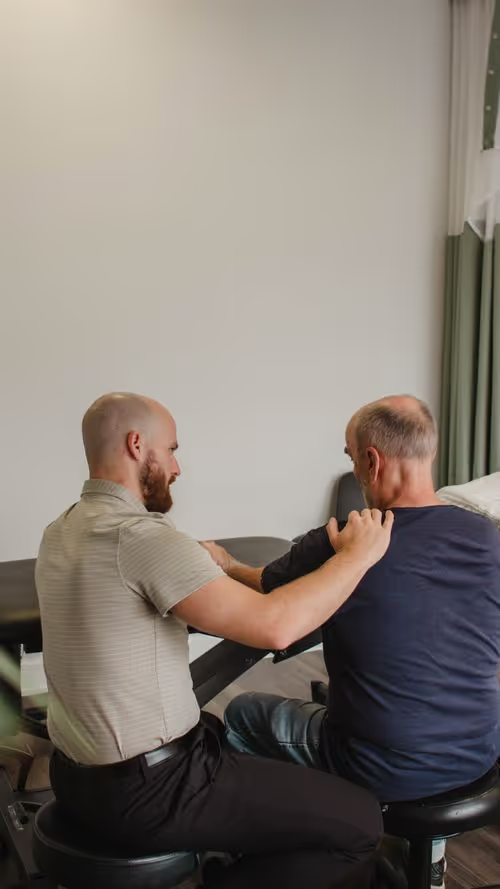
In-depth physiotherapy assessment
A 24-point assessment of your condition and a personalized treatment plan that includes the diagnosis, cause, objectives, and the plan to achieve them.

Treatment, relief, education
A series of manual treatments, exercises, and advice to reduce pain, understand what to do at home, and get back to your activities.

Relapse prevention and goal celebration
Concrete strategies to maintain your progress and prevent relapses. For us, it will be a pleasure not to see you again... for the same condition.
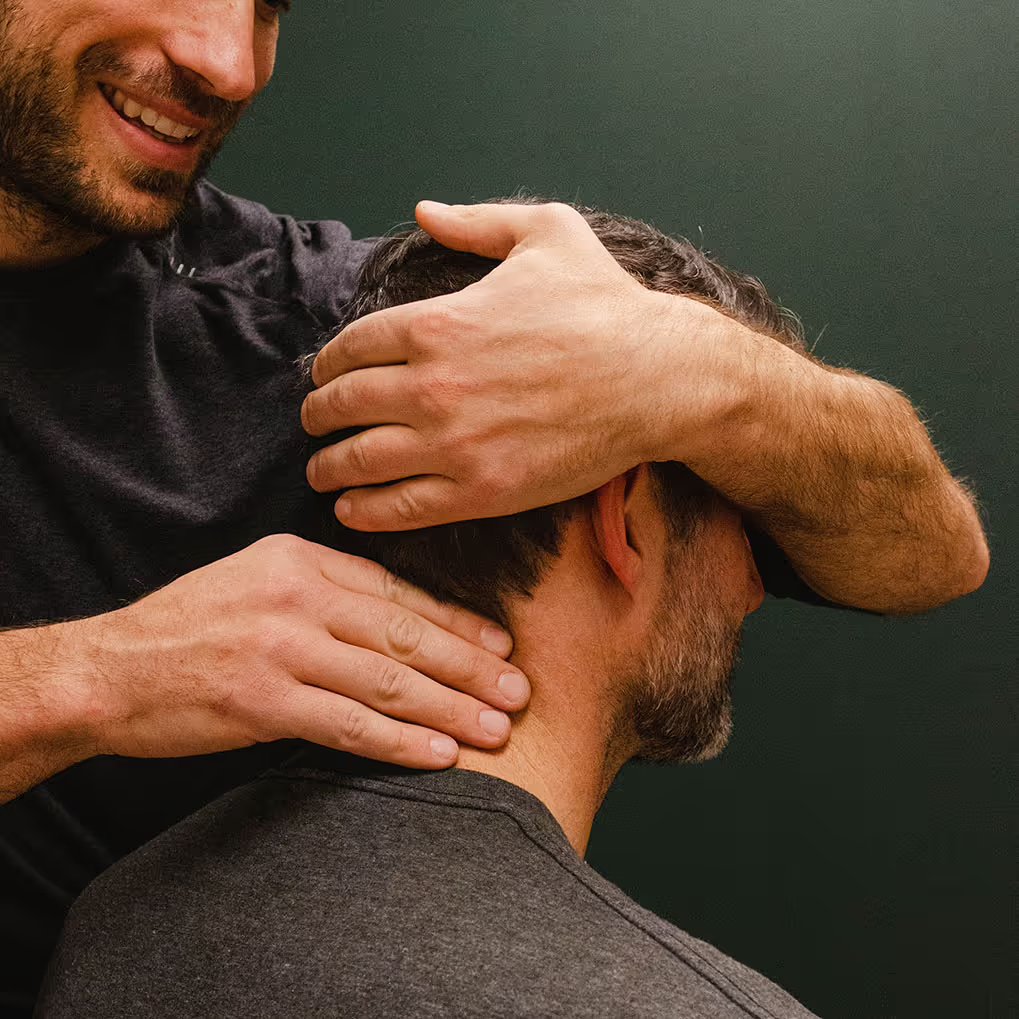
Improve your well-being with physiotherapy
We offer a comprehensive range of health services to meet your needs. Our experienced team is here to help you achieve your health goals and improve your quality of life.
Personalized care for better health
Innovative solutions for your well-being
A holistic approach to your overall health
Take back control with our physiotherapy services
Your well-being should never be optional. Your body deserves more than a simple "it will pass". Give it expert, personalized, and effective care to become yourself again.
Physioactif has 5 physiotherapy clinics in Greater Montreal where every pain story is heard, understood, and treated with an attention that makes all the difference.
Physioactif has 5 physiotherapy clinics in Greater Montreal where your numbness and nerve pain are investigated and then treated at the source.
Physioactif has 5 physiotherapy clinics in Greater Montreal that restore hope for persistent pain - a unique approach to regain control of your life.
Physioactif has 5 physiotherapy clinics in Greater Montreal that take a fresh look at your condition - an expert second opinion to clarify your therapeutic choices.
Physioactif has 5 physiotherapy clinics in Greater Montreal where each surgical journey is supported, from preparation to complete recovery.
Physioactif has 5 physiotherapy clinics in Greater Montreal where intimate problems are treated with respect and professionalism.
Physioactif has 5 physiotherapy clinics in Greater Montreal that support expectant and new mothers.
Physioactif has 5 physiotherapy clinics in Greater Montreal with a specialized approach to overcome vertigo and dizziness.
Physioactif has 5 physiotherapy clinics in Greater Montreal that understand the demands of your sport. From performance to recovery, regain your full athletic potential.
Physioactif has 5 physiotherapy clinics in Greater Montreal that break down your running technique to treat pain.
Physioactif has 5 physiotherapy clinics in Greater Montreal with expertise in treating motor vehicle accident injuries.
Physioactif has 5 physiotherapy clinics in Greater Montreal that compassionately support victims of criminal acts.
Physioactif has 5 physiotherapy clinics in Greater Montreal, proudly providing physical healthcare to our veterans.
Body regions treated with physiotherapy
See the effectiveness of our physiotherapists
Our clients' satisfaction is our priority.
At Physioactif, excellence defines our approach. But don't take our word for it, see what our patients are saying.
30+ insurance plans accepted for physiotherapy services
We manage direct billing so you can focus your energy on recovery, not paperwork.


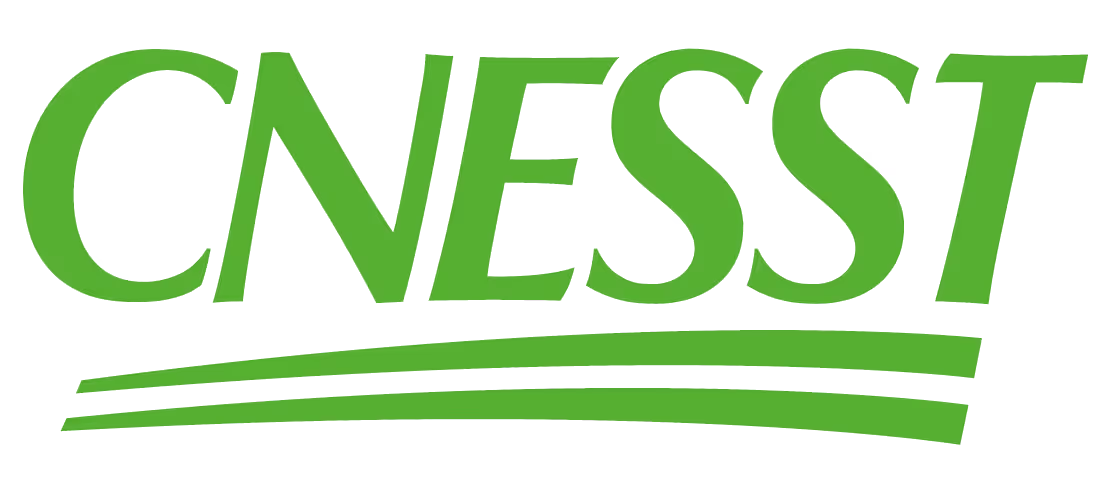
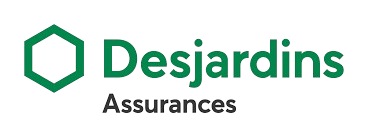
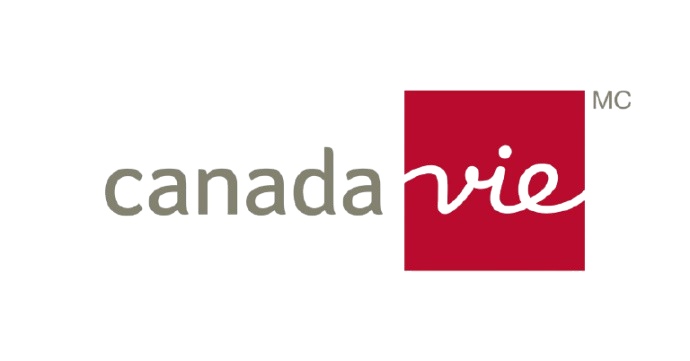



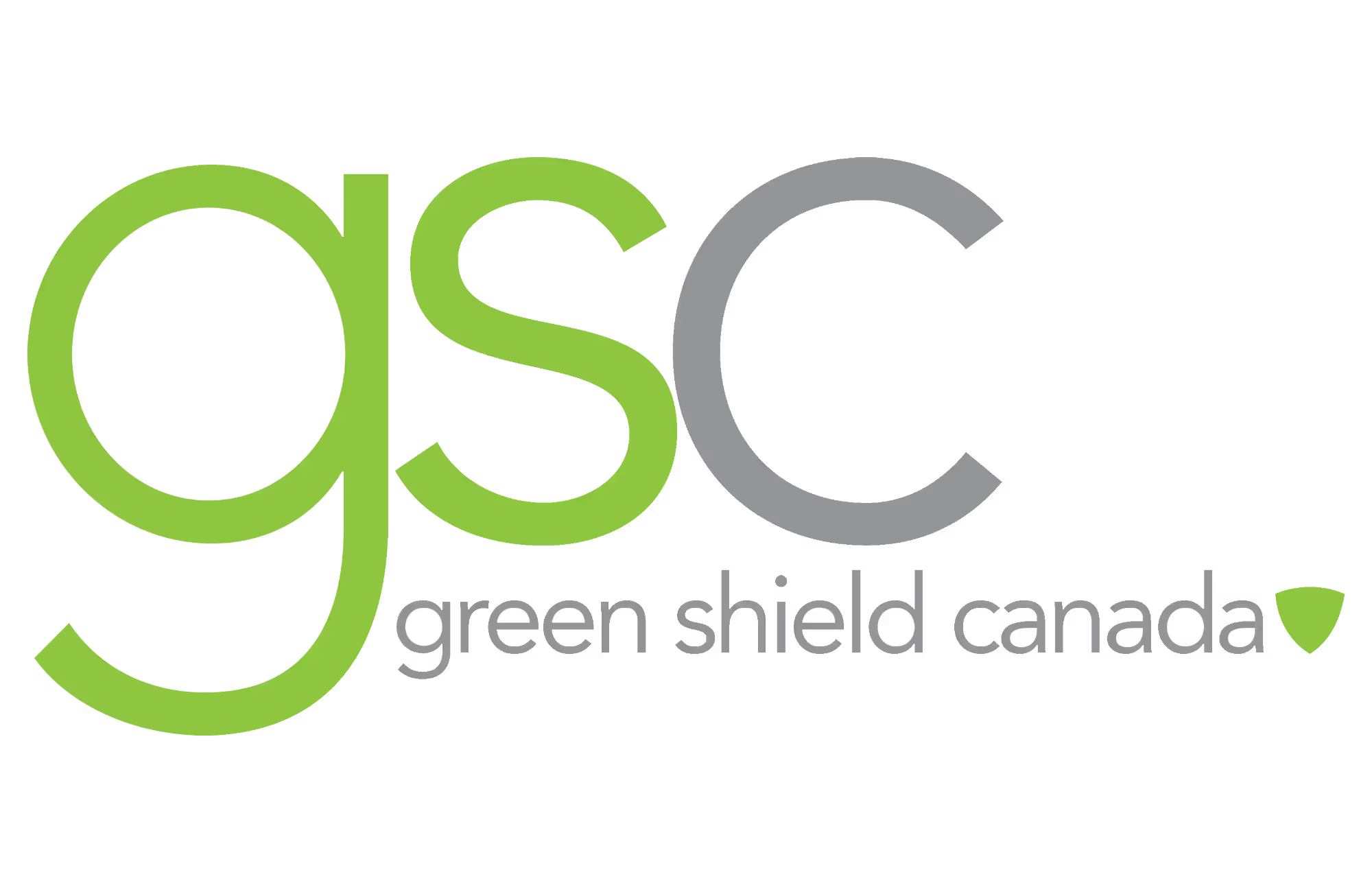
Meet our professionals
A team that listens, combining competence and dedication
























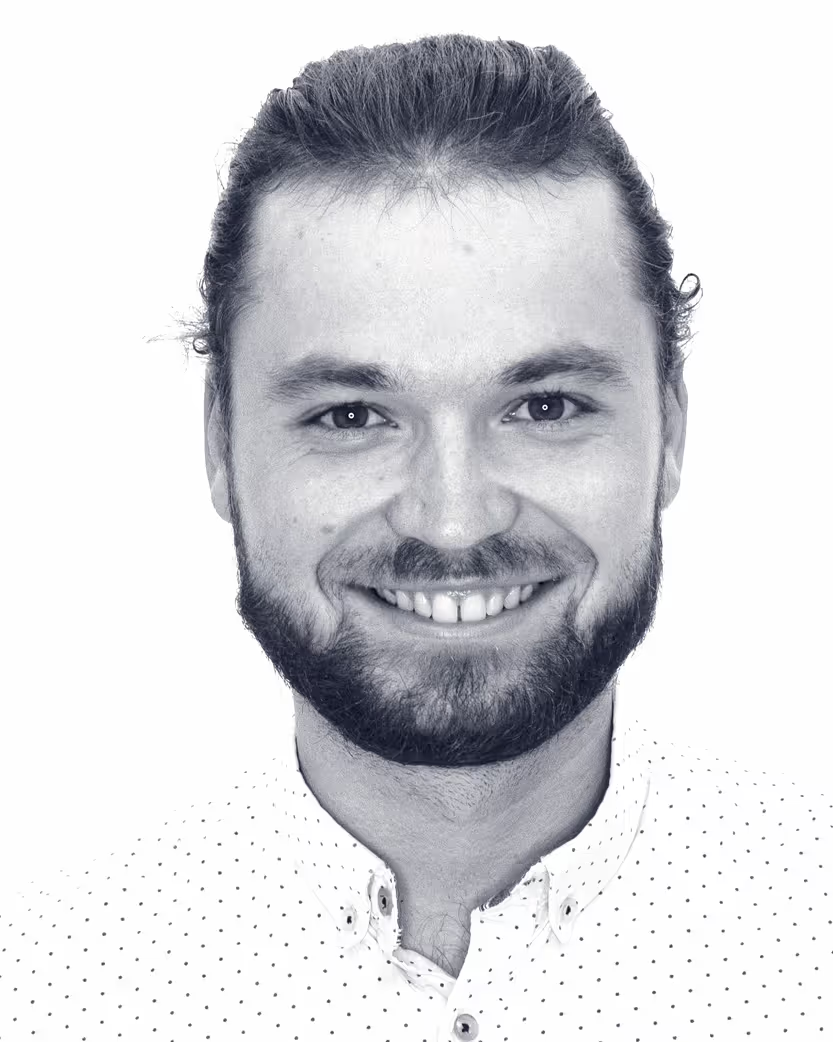

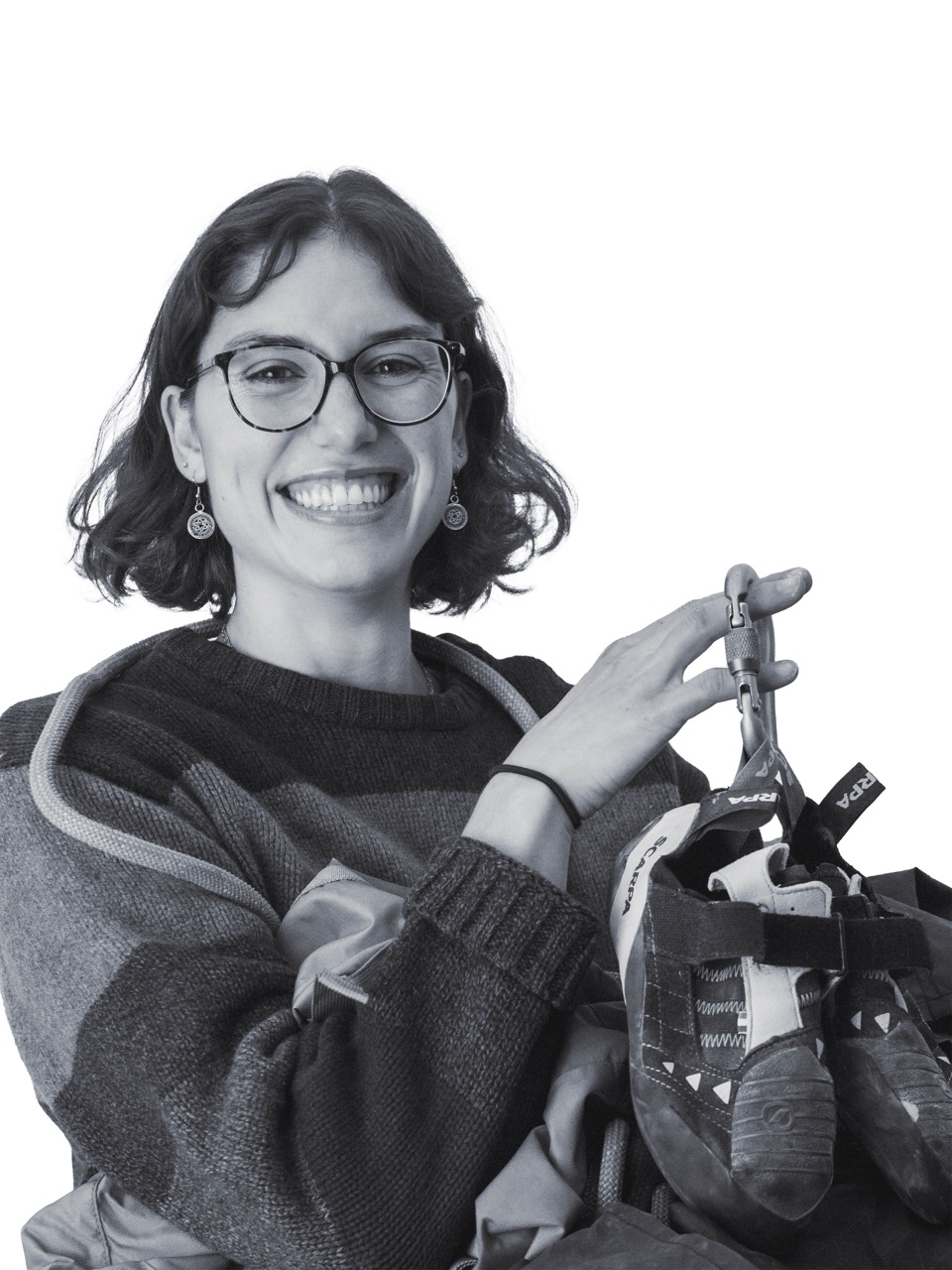

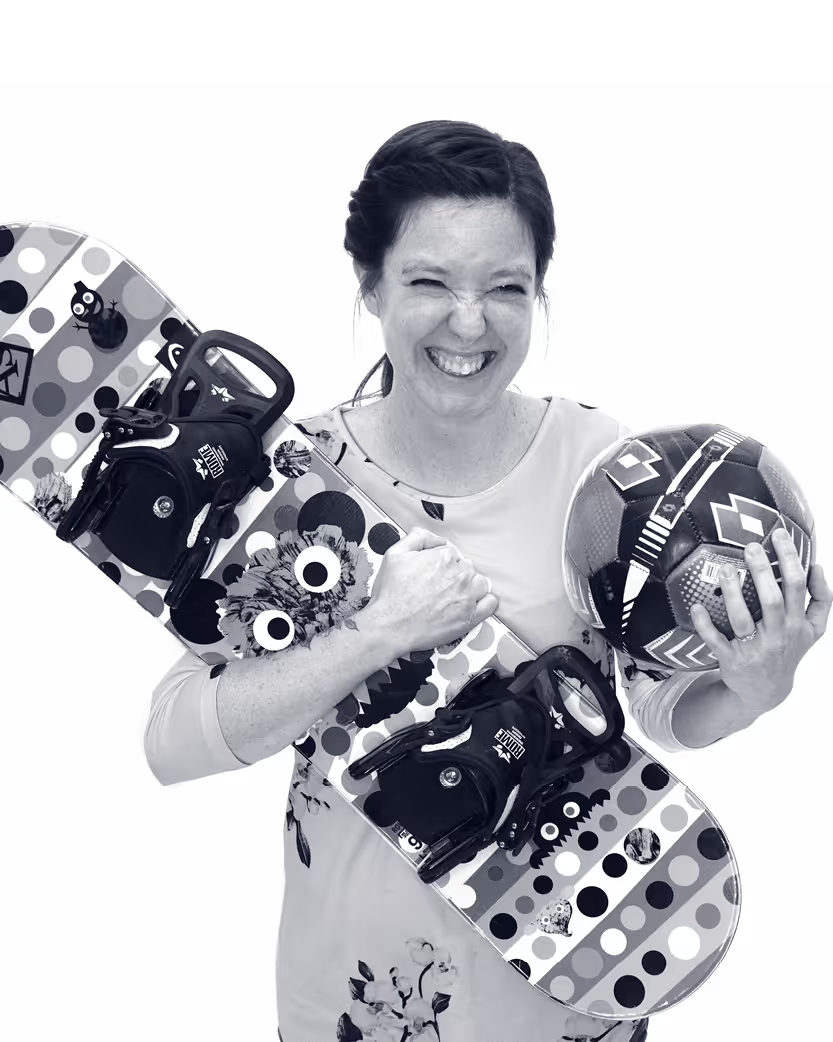





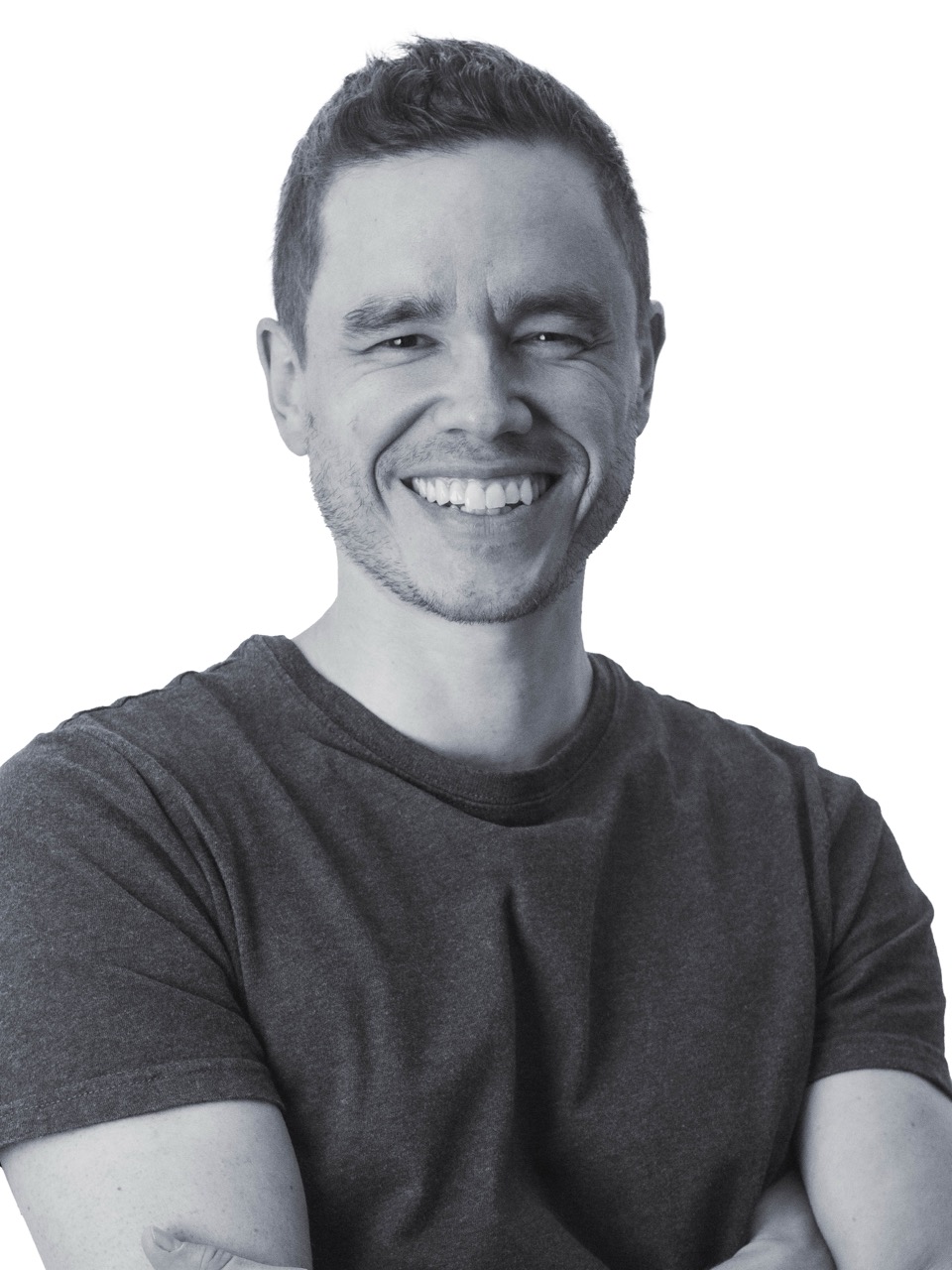





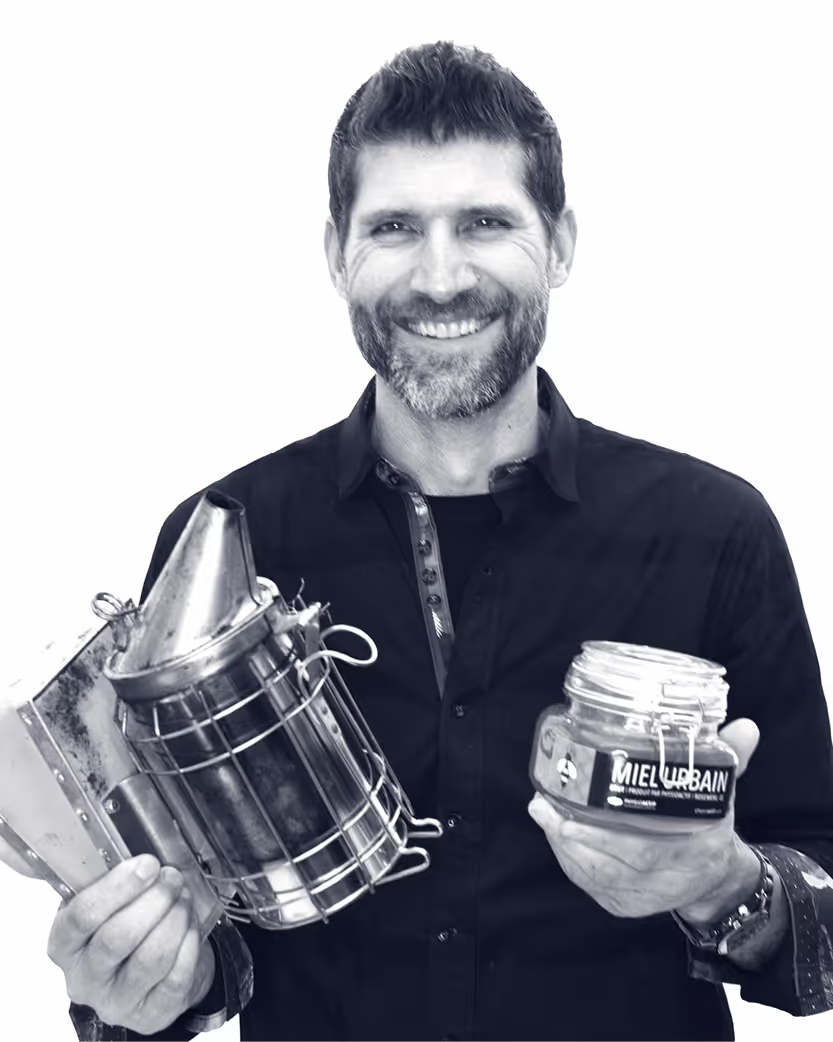







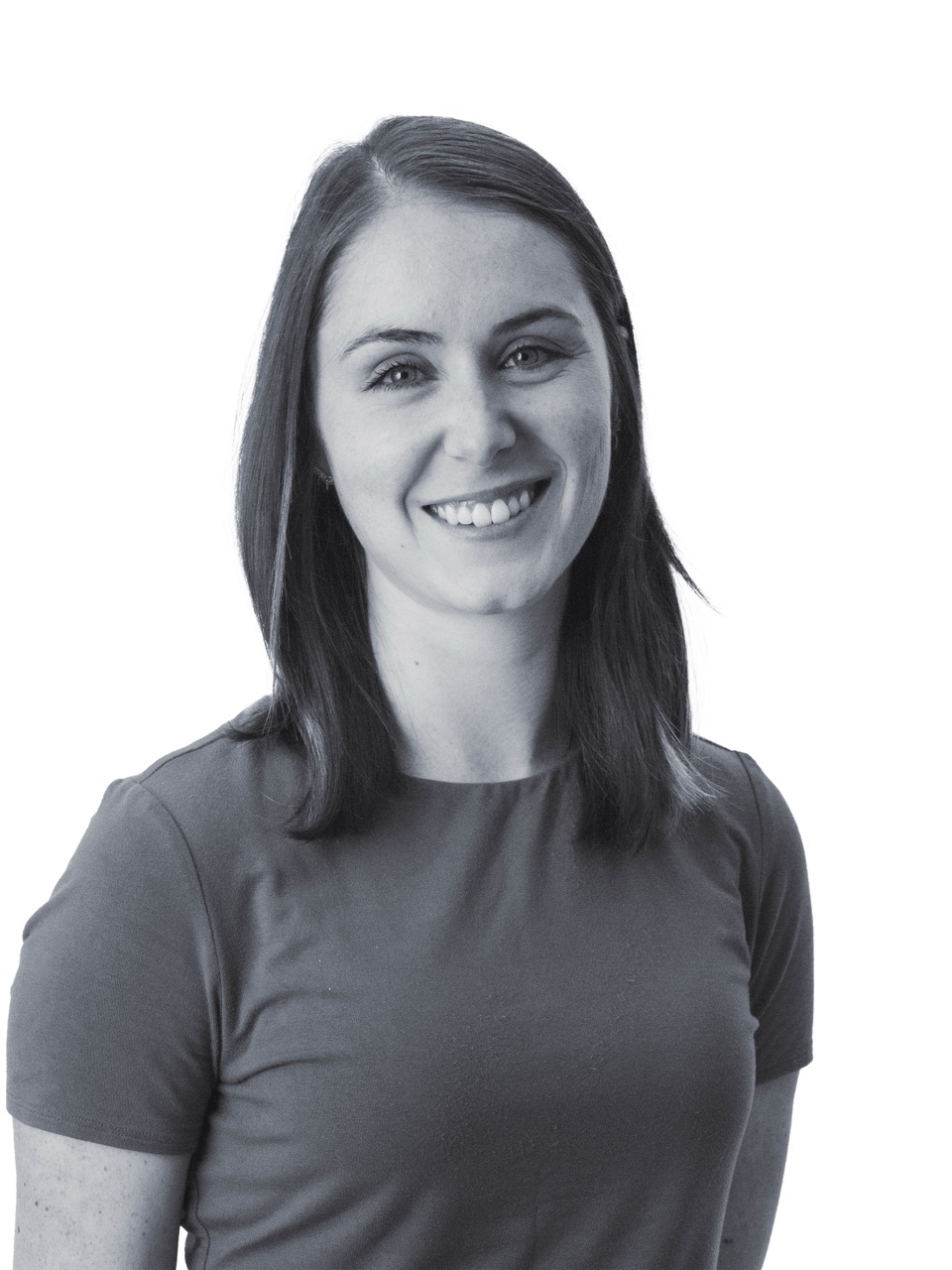



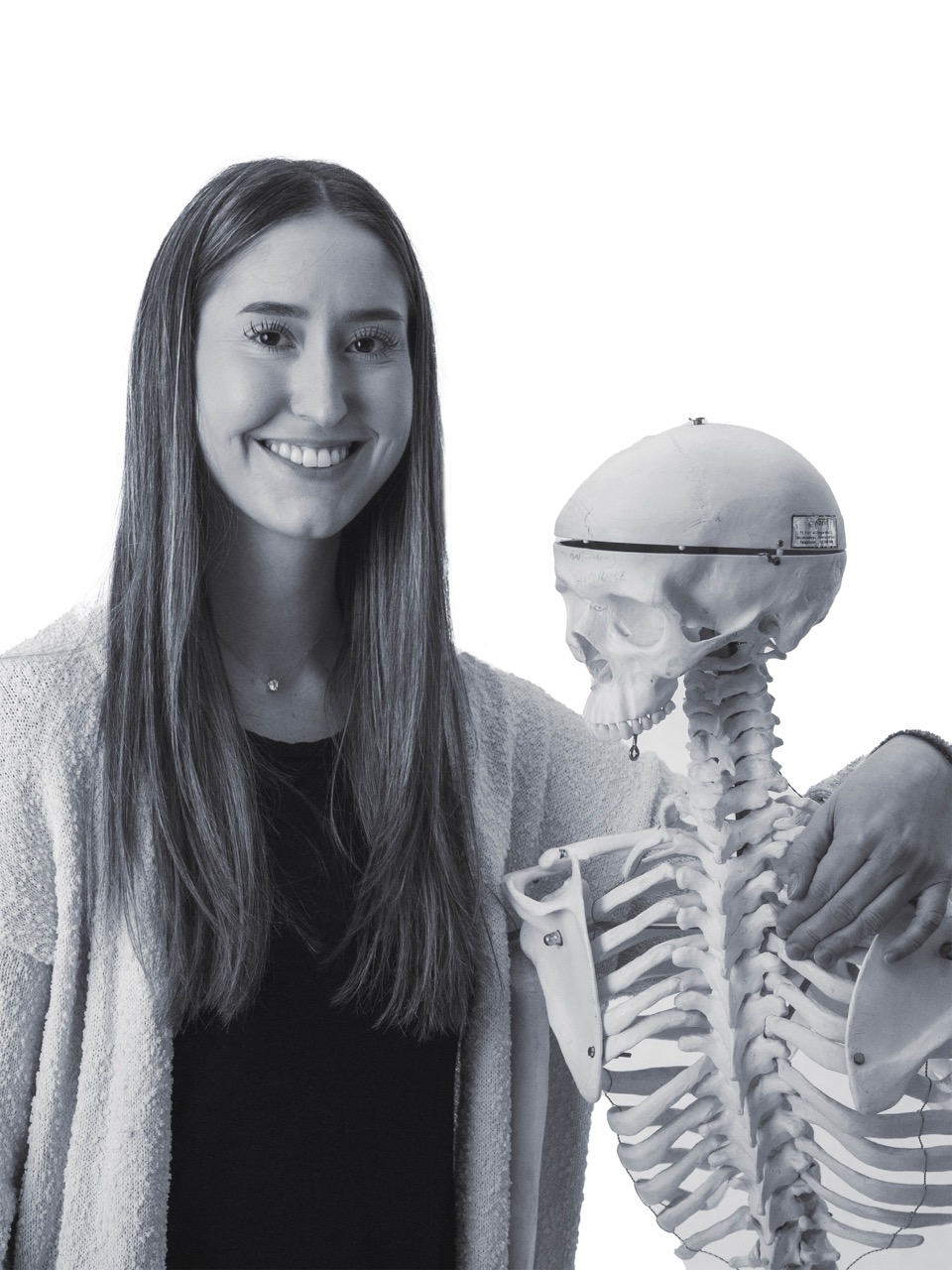





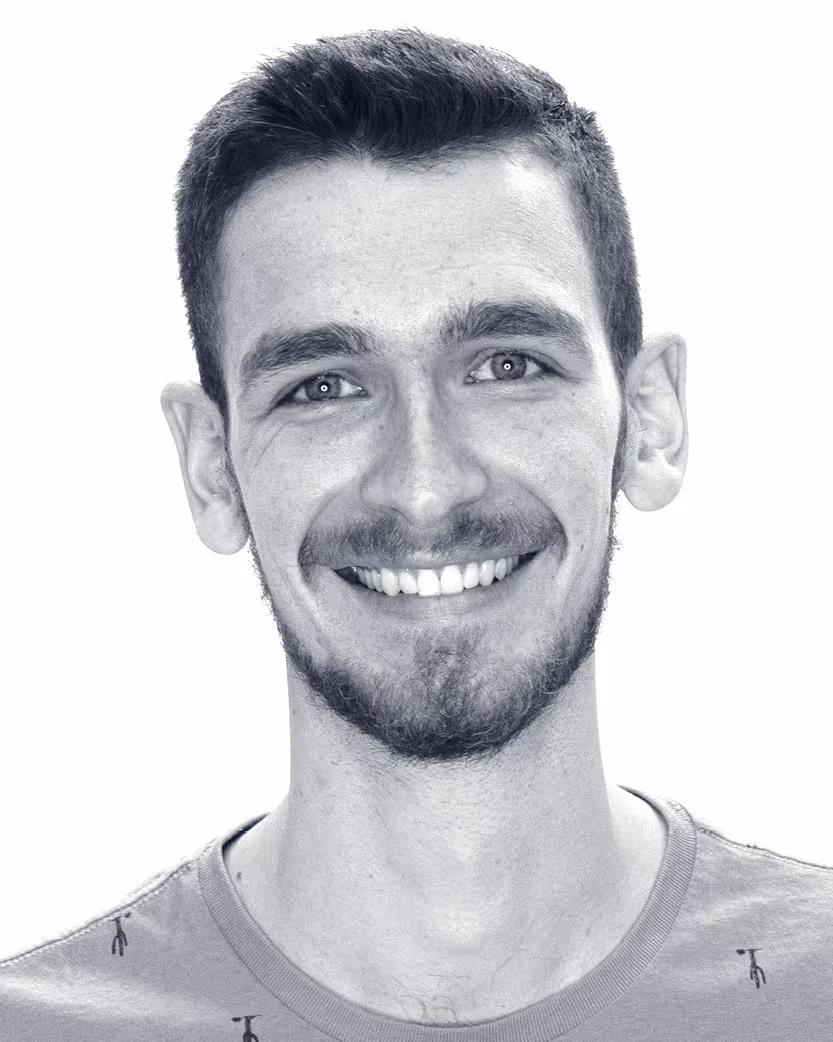

Open Positions
Explore our job opportunities and apply now.
Clinic information
If you have any questions or require more information, please do not hesitate to contact us.
Phone
Office
3224 Jean-Béraud Ave. Suite 220 Laval,
QC H7T 2S4
Text message
Fax
Frequently Asked Questions about Physiotherapy
Physiotherapy treatments are tailored to each individual and their specific injury. First, the physiotherapist will ask you about any changes you've noticed since your last appointment. The physiotherapist will also check on how your exercises went. If necessary, the exercises will be modified, corrected, or progressed to ensure the best possible improvement in your condition. Next, the physiotherapist will perform some tests to reassess your condition. If your condition requires manual therapy, the physiotherapist will treat the joints, muscles, or nerves. Finally, the physiotherapist will check if you have any questions or concerns related to your condition. For more details on what to expect during a treatment, read this blog article.
Before your assessment begins, you will need to fill out a questionnaire about your overall health, including any medical conditions, previous injuries, surgeries, and a list of medications you are taking. This will allow the physiotherapist to get an overall idea of your health and better assist you. During the assessment, you will discuss your problem with the physiotherapist. This will be followed by a physical evaluation that will lead to a diagnosis established by the physiotherapist. Afterwards, a treatment plan will be created in collaboration with the physiotherapist. You will leave with your treatment plan sheet, which will also include your exercises to do at home. For more details on what to expect during the assessment, read this blog article.
As with any profession, the quality of physiotherapy can vary greatly from one clinic to another. Here are some key indicators to help you determine if you are receiving good quality physiotherapy care: a. The physiotherapist spends the entire appointment time with you. b. You have a specific exercise program tailored to your condition to do at home that you understand well. c. You have received a diagnosis and can briefly explain the cause of your problem. d. You know what to do to relieve pain when you are in pain because your physiotherapist has given you advice. e. During your appointments, you are not hooked up to electrotherapy devices. f. You have received a clearly defined treatment plan that has been personalized by the physiotherapist. g. Other factors that may hinder recovery (stress, sleep, anxiety, worries, etc.) have been evaluated and discussed with you. h. Your treatment is not exclusively passive, meaning you are not just receiving manipulations without having a plan of exercises, advice, and education on your condition. For more details on receiving good physiotherapy, read this blog article.
Yes, there is hope! Whether you have seen other physiotherapists, osteopaths, chiropractors, acupuncturists, massage therapists, or others, you will find solutions with our physiotherapists at Physioactif. We are used to treating complex problems and people who have not had results with other professionals. With this reputation, we receive people every week who come to see us even though they have already seen 3-4 other professionals who have not solved the problem. You will see from the first meeting that the care at Physioactif is different from what you have experienced elsewhere. From diagnosis to exercises and treatments, you will see a difference with Physioactif compared to other professionals who have accompanied you in the past. We encourage you to come to us full of hope, because we are eager to help you!
Yes, your physiotherapy treatments may be covered by your insurance. Most insurance plans cover a portion of physiotherapy costs. To find out if this is the case for you, check with your insurer or consult the details of your insurance package. During your appointment at the clinic, we will take care of checking your coverage with you. If your pain is the result of a work accident, then the CNESST covers your physiotherapy. To do this, you must see a doctor first and have a prescription for physiotherapy from the doctor. If your pain is the result of a car accident, then the SAAQ covers your physiotherapy. To do this, you must see a doctor first and have a prescription for physiotherapy from the doctor.
No, it's never too late. No matter how long your injury or pain has been present, it is always possible to improve your condition. Studies show that the duration of pain does not prevent you from improving. The majority of the clients we see are people who have had pain for at least several months. We are therefore very comfortable helping people who have been in pain for 6 months, 1 year, 5 years, and even 20 years! The most important thing is to start from the beginning and therefore get evaluated in physiotherapy to have a good diagnosis. Afterwards, a game plan will be established with the physiotherapist to start getting better.
Physiotherapy can treat injuries, pain, and discomfort related to bones, muscles, joints, vertebrae, tendons, ligaments, menisci, and nerves (in short, all the structures of the body that allow us to move). If you have pain or discomfort that bothers you, limits you in your activities, work, or leisure, then physiotherapy is the solution for you. Here are some examples of things that physiotherapy can treat: back pain, neck pain, knee pain, shoulder pain, headaches and migraines, jaw pain, concussions, vertigo and dizziness, urinary incontinence/bladder prolapse/sexual pain, sprains, strains, tendinitis, torticollis, whiplash, fractures, tears, sciatica, herniated disc, contusion, plantar fasciitis, osteoarthritis, arthritis, car accident, work accident, sports injuries.
An osteopath has non-university training and makes a diagnosis with their hands by touching the different parts of the body (organs, bones, muscles, etc.). They base their intervention on the fact that the body has the ability to heal itself and that manipulations of the organs, bones, and muscles can restore the function of the affected tissue. A physiotherapist has university training and makes a diagnosis based on the history of the injury, the behavior of the pain, and a physical evaluation. They then establish a treatment plan that includes specific exercises, advice on managing activities/postures/sports, and applies manual therapy treatments as needed. A chiropractor has university training and often makes a diagnosis with an X-ray of the spine or a joint and with their hands. The fundamental principle was to use "chiropractic adjustments" to restore the electrical current of the nerves that is blocked by the misalignment of the joints. This way of practicing is not as present as before, since the scientific basis of this practice has been invalidated. A massage therapist has non-university training and uses various massage techniques to intervene on the muscles to reduce pain or stiffness. An acupuncturist has college training based on traditional Chinese medicine. The acupuncturist uses techniques to stimulate an energy called "Qi", often with needles, to restore the circulation of energy to help with pain or diseases. A kinesiologist has university training and is the health professional specializing in training and physical activity. They use physical activity as an intervention tool to improve physical abilities, prevent risk factors related to sedentary lifestyle, and optimize sports or physical performance. For more details on the difference between the professionals, read this blog article.
No. Anyone can consult a physiotherapist directly. Simply call the clinic to make an appointment. You do not need to be evaluated by a doctor before going to physiotherapy. The physiotherapist is the expert in evaluating pain and does not need the doctor's opinion. However, some insurance companies that cover physiotherapy expenses require a doctor's prescription before reimbursing the costs. If this is the case with your insurance company, then you will need an appointment with a doctor and a prescription if you wish to be reimbursed by your insurer. Check with your insurer to see if this is the case.
Physiotherapy is a medical discipline that helps improve your quality of life and allows you to return to your desired activities when you are in pain. This is achieved through exercises, advice, lifestyle adjustments, and hands-on therapy. During the initial consultation, the physiotherapist will conduct a thorough assessment of your condition, including a physical examination with tests and some hands-on techniques. The physiotherapist will then establish a diagnosis and work with you to develop a treatment plan to achieve your desired goals. The physiotherapist will monitor you for a specific period to optimize progress and healing until your goals are reached. During the follow-up, exercises are often necessary to improve your condition and can be done at home. In the clinic, the physiotherapist will perform the necessary treatments and adjust the treatment plan as needed to ensure proper healing of the injury.
Prenez rendez-vous en ligne dès maintenant
We offer a triple quality guarantee: optimized time, double physiotherapy assessment, and ongoing expertise for effective care tailored to your needs.


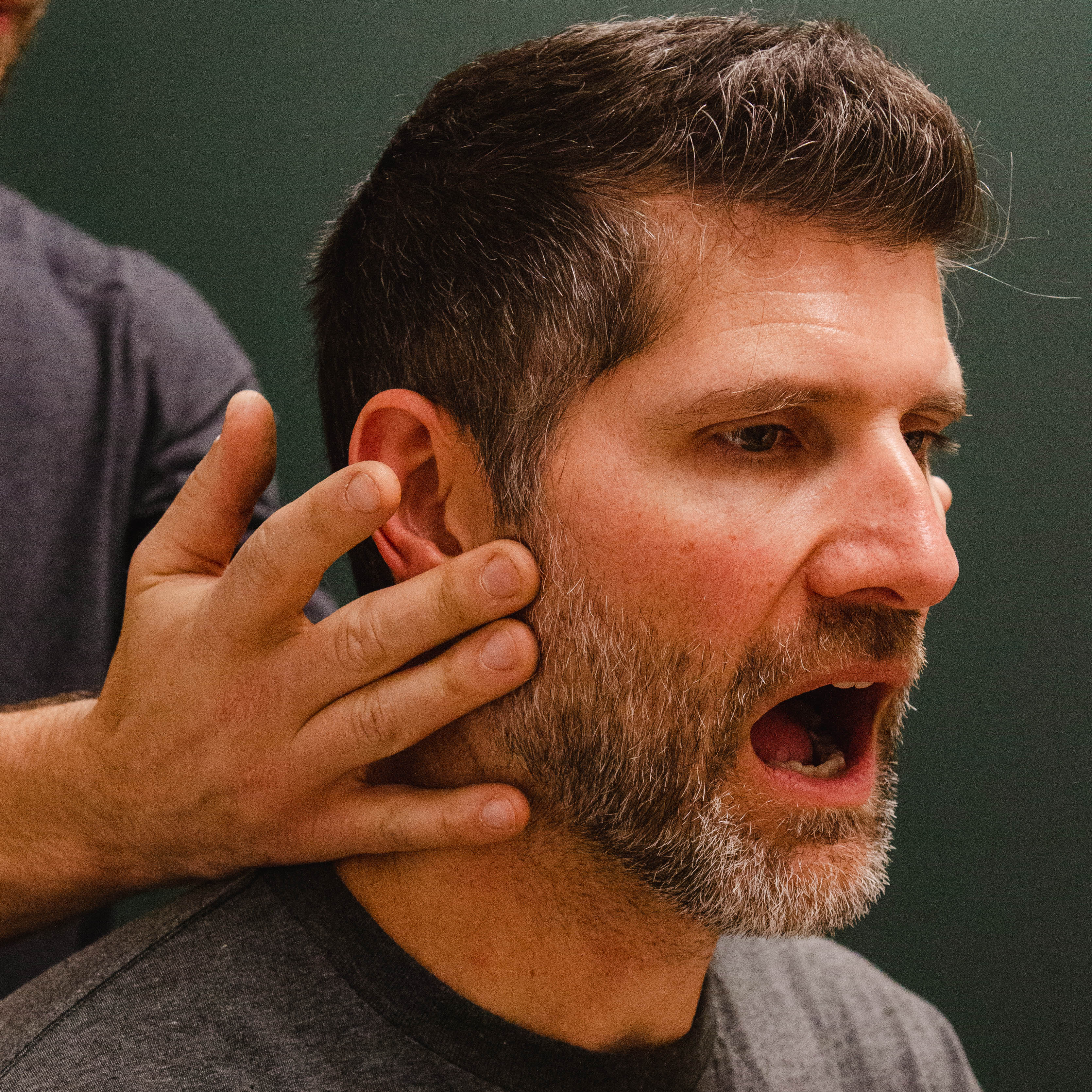

.jpg)

.jpg)
.jpg)

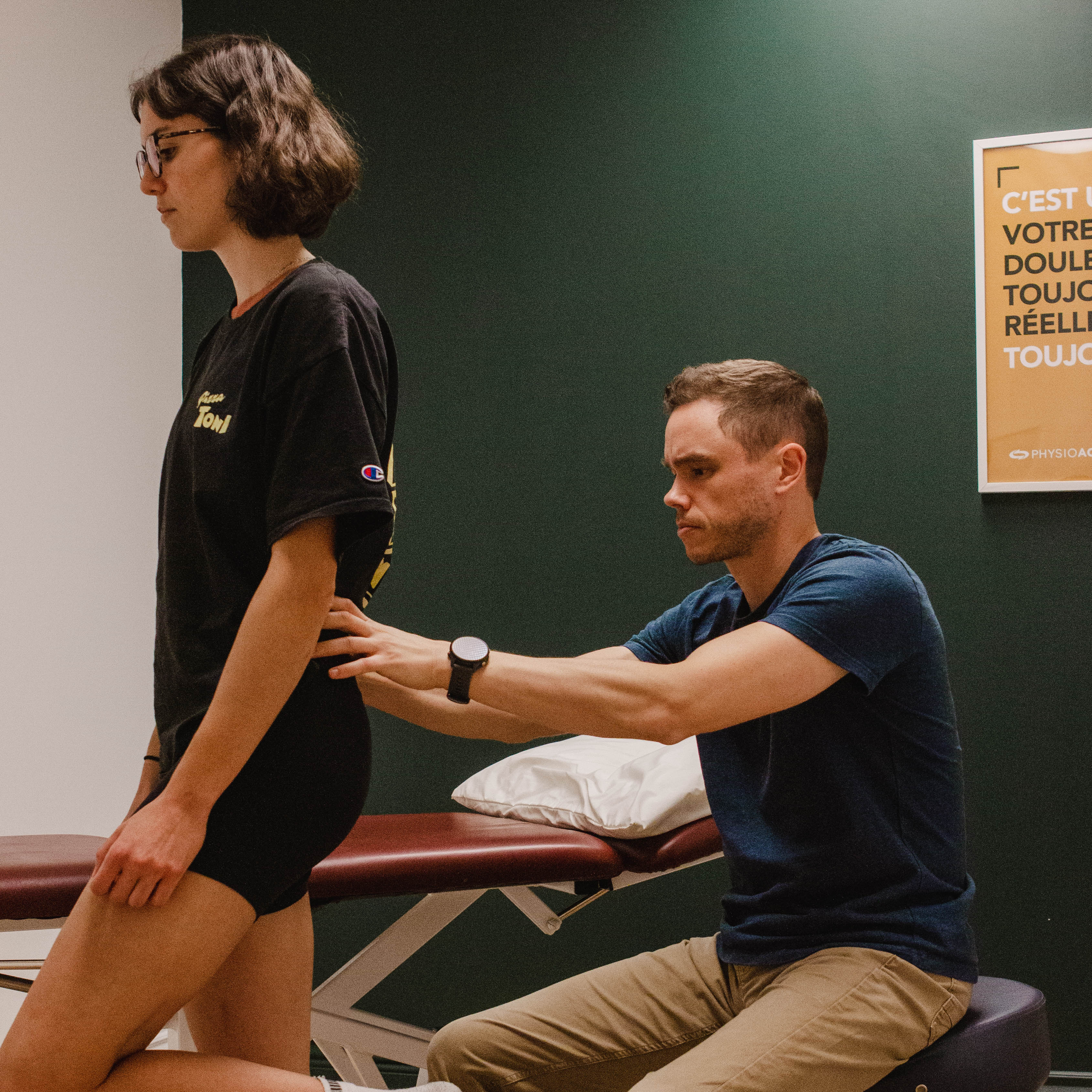
.jpg)
.jpg)
(1).jpg)